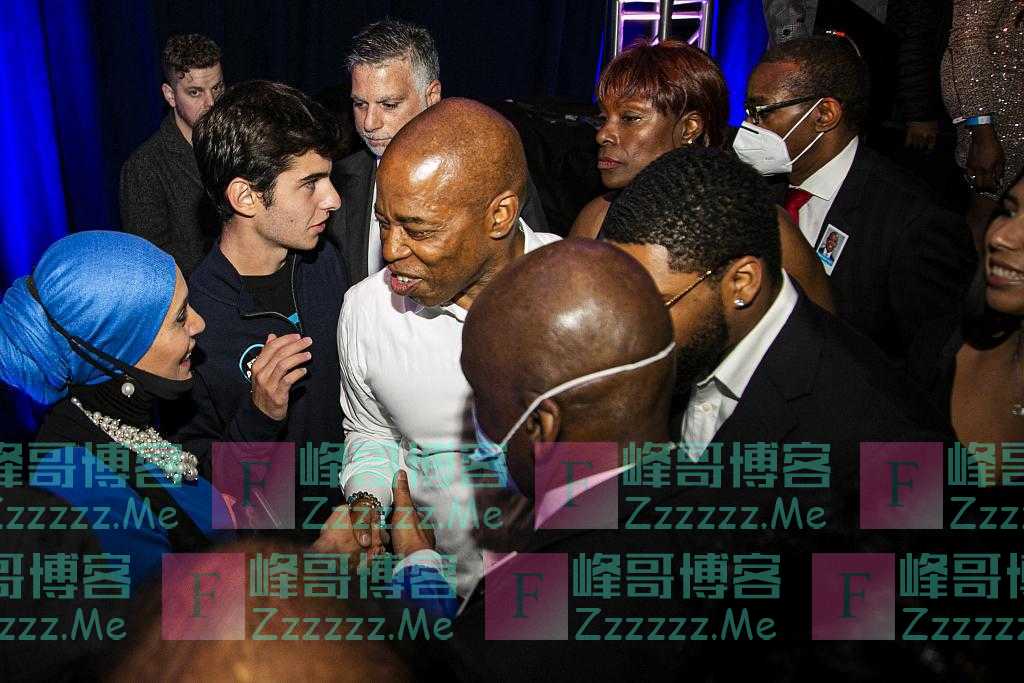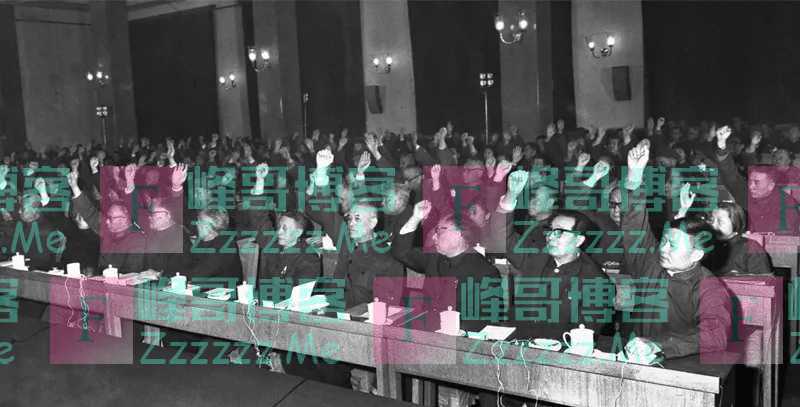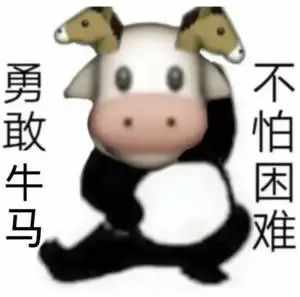《鱿鱼游戏》是网飞(Netflix)有史以来最受欢迎的剧集之一,但这并不意味着它没有争议。随着该剧的走红,它已经被翻译成多种语言。然而一些精通英语和韩语的观众却对该剧的英文翻译感到失望,认为翻译没有准确表达演员的真实意思。
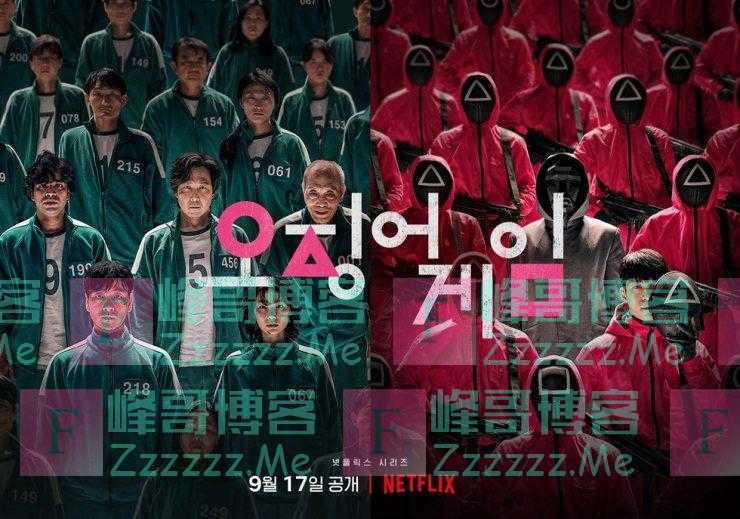
来源:网飞
Netflix's smash-hit series, "Squid Game," has caused controversy online as some viewers allege that its subtitles were inadequately translated.网飞轰动一时的连续剧《鱿鱼游戏》在网上引起争议,一些观众称其字幕翻译不当。
The thriller survival-themed series, which follows hundreds of cash-strapped people playing deadly children's games to win 45.6 billion won ($38 million) in prize money, has become a global cultural phenomenon, watched by audiences around the world.《鱿鱼游戏》以生存为主题,讲述了数百名手头拮据的人为赢得456亿韩元(约合人民币2.5亿元)奖金参加夺命童年游戏的故事。这部惊悚片已经成为一种全球文化现象,观众遍及世界各地。
Korean American comedian Youngmi Mayer posted on Twitter last week that the English translation for the series changed the meaning of the original lines.韩裔美籍喜剧演员扬米·梅尔上周发推特称,该剧的英文翻译改变了原台词的意思。
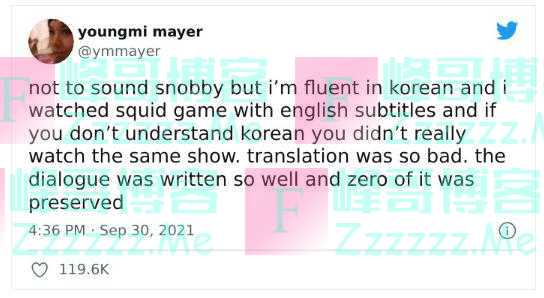
"I watched 'Squid Game' with English subtitles and if you don't understand Korean you didn't really watch the same show. The translation was so bad," she wrote. "The dialogue was written so well and zero of it was preserved."她写道:“我看了英文字幕版的《鱿鱼游戏》,如果你不懂韩语,你看到的就不是原汁原味的《鱿鱼游戏》。英文翻译太糟糕了。对白写得很好,翻译却完全没有体现。”
She shared a video showing some of the examples from the closed-caption subtitles for the English dubbed version that were mistranslated.她分享了一段视频,列举了该剧英文译制版中一些翻译不准确的闭路字幕。
In one of the scenes, the character, Han Mi-nyeo (Kim Joo-ryeong), tells a guard: "Go Away." But Mayer explains that the actual line says, "What are you looking at," and the mistranslated line misses a lot of Mi-nyeo's character.其中一个场景,剧中角色韩美女(金俊良饰)告诉一名警卫:“走开。”但梅尔解释说,原台词是“你在看什么”,错误翻译的台词不能充分表现韩美女的性格。
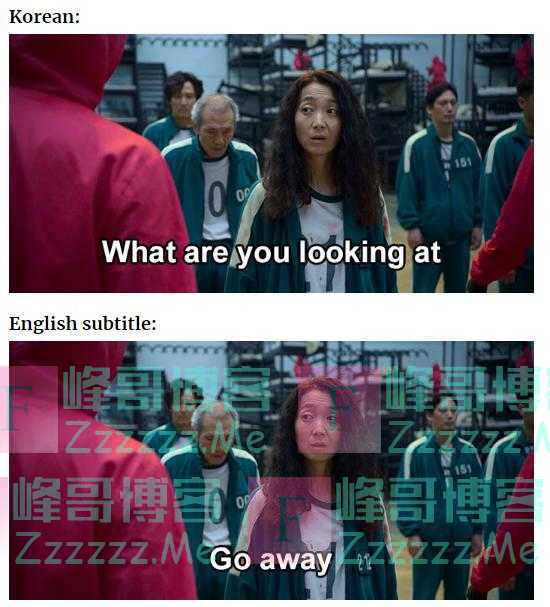
She also pointed out the part where Mi-nyeo tries to convince other participants to take her on their team, in which the subtitles say, "I'm not a genius, but I still got it worked out."她还指出,韩美女试图说服其他玩家让她加入他们团队的片段,字幕上说:“我不是天才,但我还是成功了。”
Mayer claims that the line actually should have been translated into, "I am very smart, I just never got a chance to study," which better portrays her character as a victim of socioeconomic inequality.梅尔说,这句台词实际上应该翻译成“我很聪明,我只是从来没有机会学习”,这句台词能更好地展现韩美女作为社会经济不平等的受害者的角色特征。
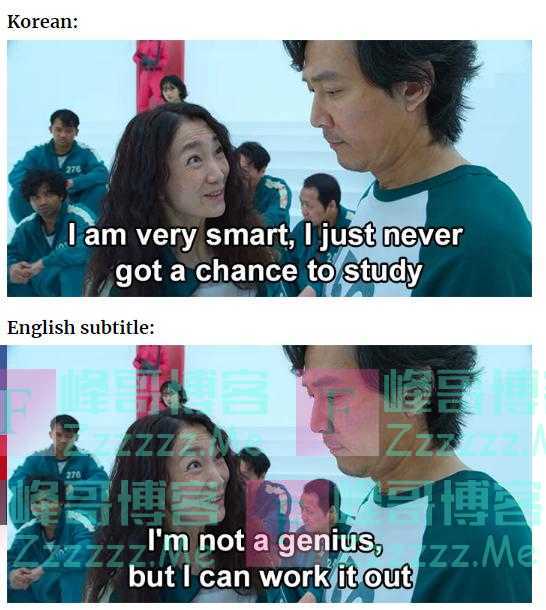
"Almost everything she says is being botched translation-wise," Mayer said. "It seems so small, but it's the entire character's purpose of being in the show."梅尔说:“几乎韩美女的每句台词翻译都非常拙劣。看起来是小问题,但这就是这个角色在剧中存在的目的。”
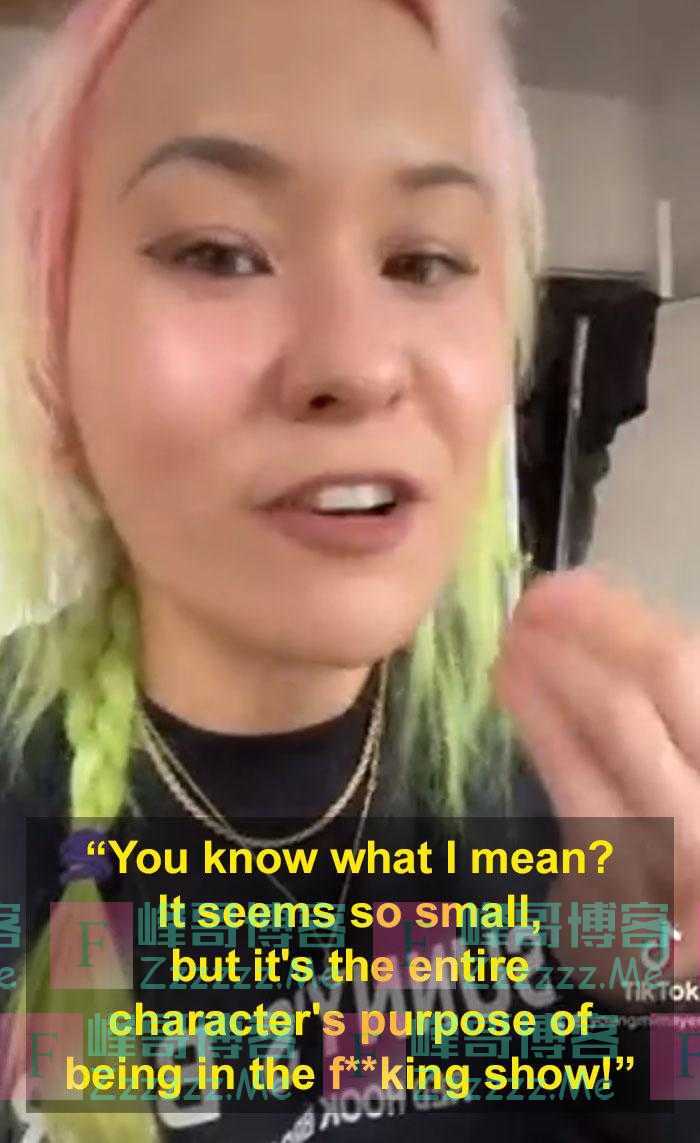
As her tweets and video went viral, many fans agreed with the "poorly translated" subtitles from the series.随着梅尔的推特和视频走红,很多粉丝都同意这部电视剧的字幕“翻译很糟糕”。
"So many people want to watch movies/shows with the original language intact and are willing to read subtitles to preserve that experience, but poor translations or, worse, terribly dubbed English ruin the quality of the movies/shows," a user wrote on social media.一位用户在社交媒体上写道:“很多人希望观看原音影片或节目,并愿意看字幕以确保原片的观感,但糟糕的翻译,甚至是糟糕的英文配音破坏了影片或节目的质量。”
Another user wrote: "My wife doesn't speak Korean and I have to translate it differently so that she catches the nuances of the dialogue. I'm happy that Netflix is airing Korean shows. Next, we have to work on making sure the message isn't lost in translation."另一位用户写道:“我妻子不会说韩语,我必须再翻译一遍,这样她才能理解对话的细微差别。我很高兴网飞播放韩语节目。接下来,我们必须努力确保翻译准确。”
Some viewers who are non-Korean speakers were surprised to find out that they were not being conveyed the richness of the original lines and that more accurate translations may suggest different interpretations and nuances.一些并非来自韩国的观众惊讶地发现,翻译并没有传达出原台词的丰富内涵,更准确的翻译可能会带来不同的解释和细微差别。
One user wrote: "I don't even speak Korean, but I've watched a lot of Korean shows. Even I could tell that the translation was bad after picking up on a lot of little honorifics and common phrases not getting translated in any way."一位用户写道:“我甚至不会说韩语,但我看过很多韩语节目。就连我都看出翻译不好,我发现很多小敬语和常用短语没有翻译出来。”
"The show was great, but now I'm realizing it was even better than I thought. Shame to see so much get lost in translation," a user wrote on Twitter.一位用户在推特上写道:“这个节目很棒,但现在我发现它比我想象的还要好。翻译丢掉了那么多原意,真是太遗憾了。”
However, some refuted the "poor translation" claims, saying that the translations took into account specific words that have cultural essences, including honorifics or words like "hyung" and "oppa" ― friendly words used in Korean to refer to an older brother, depending on whether the speaker is male or female.然而,一些人反驳了“翻译很糟糕”的观点,称翻译考虑到了具有文化背景的特定词语,包括敬语或“hyung”和“oppa”(韩语中用来指代哥哥的敬语,具体取决于说话人是男是女)等词。
"Translating Korean to English is so tricky. Do you do the direct translation or translate the sentiment? The translator here was probably just trying to keep it simple for the audience to read and keep up with the plot/characters," a user wrote online.一位用户在网上写道:“将韩语翻译成英语是一件非常麻烦的事情。是直译还是意译?《鱿鱼游戏》的译者可能只是想让观众便于阅读并跟上情节/人物。”
Especially with the closed-caption subtitles, the form of subtitles used for the series' English dubbed version, the lines have been altered to be in sync with the actors' mouths as they speak. The translations are therefore different for the closed captions in the dubbed version and for the English-language subtitles in the subtitled version.特别是在这部剧的英文配音版中使用的字幕形式——闭路字幕,台词被修改为与演员说话时的口型同步。因此,配音版本中的闭路字幕和字幕版本中的英语字幕的翻译是不同的。
However, although English-language subtitles make more sense, Mayer still pointed out that "the missed meaning in the metaphors ― and what the writers were trying to actually say ― are still there."然而,尽管原声版英文字幕翻译更合理,梅尔还是指出“仍然有遗漏隐喻的含义——以及作者试图表达的内容。”
来源:The Korea Times编辑:董静
来源:中国日报网
文章如无特别注明均为原创!
作者:
F_Robot,
转载或复制请以
超链接形式 并注明出处 峰哥博客。
原文地址《
“翻译太烂了”,韩裔美籍演员吐槽《鱿鱼游戏》英文字幕》发布于2021-10-15
若您发现软件中包含弹窗广告等还请第一时间留言反馈!
小米手机无法安装请到设置->开发者设置->关闭系统优化,安装后再开启系统优化。


